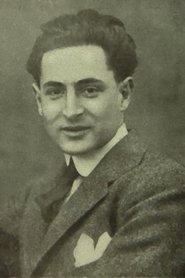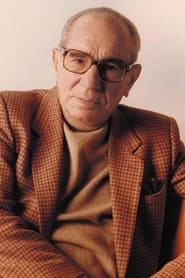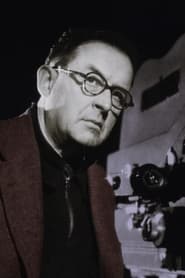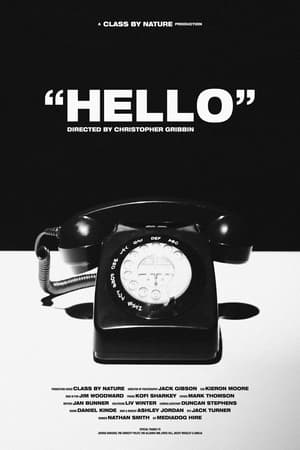
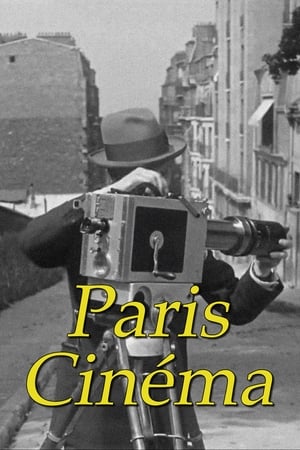
Paris Cinéma(1929)
The first behind-the-scenes documentary in the film industry, from the making of a camera (Debrie) to studio shooting and directing, including animation techniques. Pierre Chenal meets André Rigal who executes, in his workshop, a series of freehand drawings. These sketches are then ground in a coffee grinder, from which a cartoon on film emerges. In Champigny, Alain Saint-Ogan and his host are working on Zig et Puce and developing Alfred the penguin's first steps. In Fontenay-sous-Bois, Ladislas Starewitch presents his future stars. Pierre Chenal described his film as follows: “I had designed to shoot a documentary in which I would show how a film is made in order, at the same time, to learn it myself. "
Movie: Paris Cinéma
Top 8 Billed Cast

Paris Cinéma
HomePage
Overview
The first behind-the-scenes documentary in the film industry, from the making of a camera (Debrie) to studio shooting and directing, including animation techniques. Pierre Chenal meets André Rigal who executes, in his workshop, a series of freehand drawings. These sketches are then ground in a coffee grinder, from which a cartoon on film emerges. In Champigny, Alain Saint-Ogan and his host are working on Zig et Puce and developing Alfred the penguin's first steps. In Fontenay-sous-Bois, Ladislas Starewitch presents his future stars. Pierre Chenal described his film as follows: “I had designed to shoot a documentary in which I would show how a film is made in order, at the same time, to learn it myself. "
Release Date
1929-10-21
Average
9
Rating:
4.5 startsTagline
Genres
Languages:
Keywords
Recommendations Movies
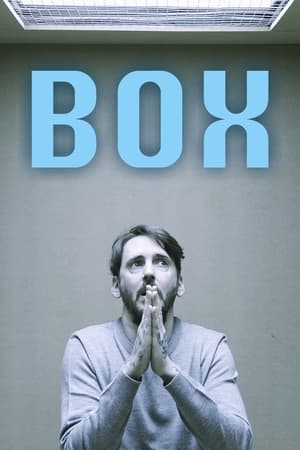 6.2
6.2Box(en)
The execution was scheduled and the last meal consumed. The coolness of the poisons entering the blood system slowed the heart rate and sent him on the way to Judgement. He had paid for his crime with years on Death Row waiting for this moment and now he would pay for them again as the judgment continued..
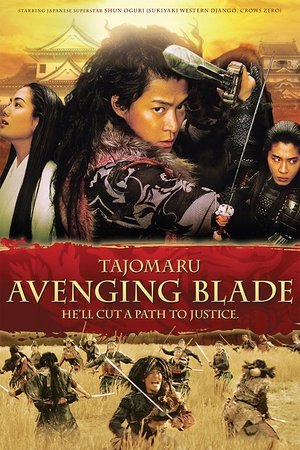 7.1
7.1Tajomaru: Avenging Blade(ja)
TAJOMARU is the famous 'bandit' of the forest from RASHOMON. Whoever kills Tajomaru inherits his name, status and sword. A royal brother leaves his kingdom to protect the princess he loves, only to find a series of harrowing adventures along the way which lead him back to where he came from, and then disinheriting his past to become the bandit TAJOMARU.
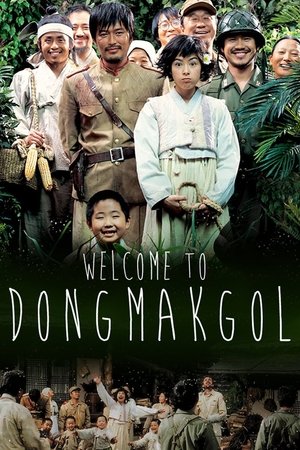 7.5
7.5Welcome to Dongmakgol(ko)
Based on the long running play by Jang Jin, the story is set in Korea during the Korean War in 1950. Soldiers from both the North and South, as well as an American pilot, find themselves in a secluded and naively idealistic village, its residents unaware of the outside world, including the war.
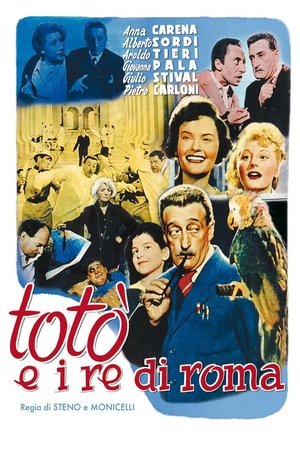 7.0
7.0Toto and the Kings of Rome(it)
An aging, down-and-out public employee must face the primary school examination.
 9.9
9.9The Way to the Heart(en)
Ava, an award-winning chef at a big-city restaurant, has lost her spark. Her boss sends her out to find herself to save her menu and her job. She returns home and finds little to inspire her, but when she reunites with her childhood friend Logan, Ava has to get her head out of the clouds and her foot out of her mouth to rediscover her passion for food.
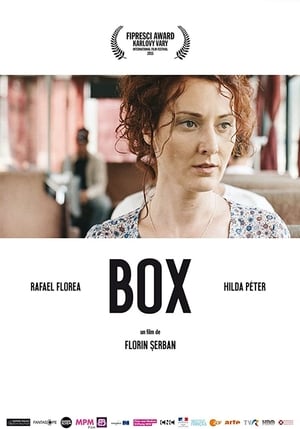 6.4
6.4Box(ro)
Box is a story of two people who meet at a crossroad. Two different destinies, two different lives, face to face in a game of sweat, blood and tears. Rafael (19) is a young boxer who dreams to conquer the world; Cristina (33) is a single mother who lost her balance. Two lives; one running very close to the earth, the other trying to fly high up, too high.
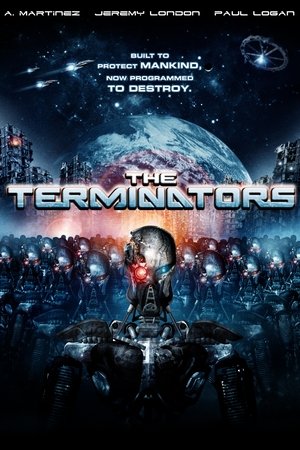 4.1
4.1The Terminators(en)
A small band of resistance fighters battle the cyborgs that have taken control of the planet.
 7.9
7.9Ordet(da)
The three sons of devout Danish farmer Morten have widely disparate religious beliefs. Youngest son Anders shares his father's religion, but eldest son Mikkel has lost his faith, while middle child Johannes has become delusional and proclaims that he is Jesus Christ himself. When Mikkel's wife, Inger goes into a difficult childbirth, everyone's beliefs are put to the test.
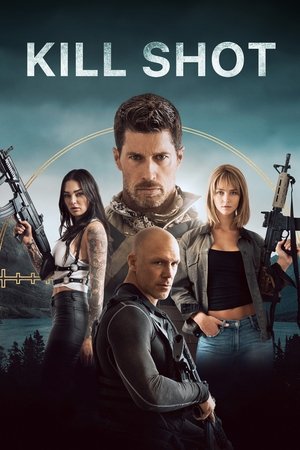 9.0
9.0Kill Shot(en)
Posing as hunters, a group of terrorists are in search of $100 million that was stolen and lost in a plane crash en route from Afghanistan.
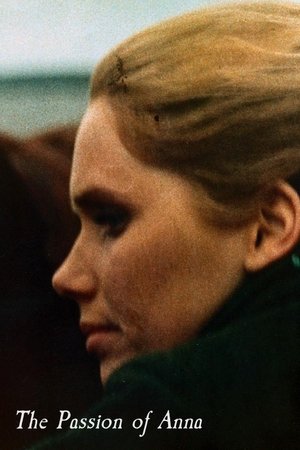 7.5
7.5The Passion of Anna(sv)
Andreas, a man struggling with the recent demise of his marriage and his own emotional isolation, befriends a married couple also in the midst of psychological turmoil. In turn he meets Anna, who is grieving the recent deaths of her husband and son. She appears zealous in her faith and steadfast in her search for truth, but gradually her delusions surface. Andreas and Anna pursue a love affair, but he is unable to overcome his feelings of deep humiliation and remains disconnected. Meanwhile, the island community is victimized by an unknown person committing acts of animal cruelty.
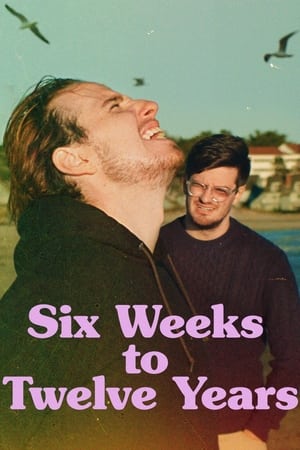 6.1
6.1Six Weeks to Twelve Years(en)
After the death of their abusive father, two estranged twin brothers must reunite and sell off his property.
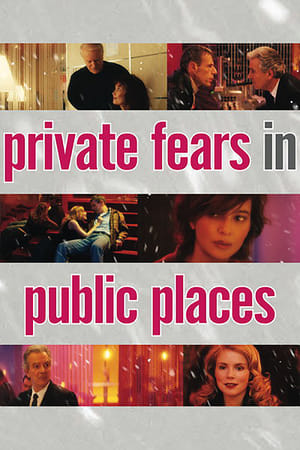 6.4
6.4Private Fears in Public Places(fr)
In Paris, six people all look for love, despite typically having their romantic aspirations dashed at every turn.
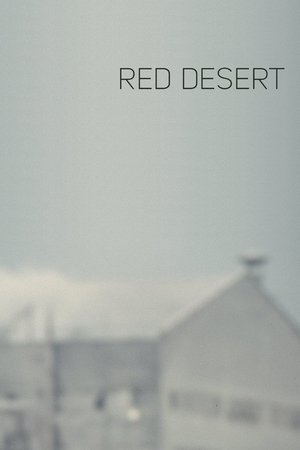 7.4
7.4Red Desert(it)
In an industrializing Italian town, a married woman, rendered mentally unstable after a traffic accident, drifts into an affair with a friend of her husband.
 6.8
6.8R-Rated Idol Seung-ha's Sex Scandal(ko)
When they were young, Min-joo and Seo-yeon cared for each other and were closer than brothers and sisters. However, she accidentally learns about Seo-yeon's tutor, Woo-hyeon, and because of this man, their 10-year friendship starts to become shaky. Meanwhile, Jeong-soo is hurt in seeing Min-joo like that, and so he distanced himself from Min-joo. Because of Min-joo and Seo-yeon's misunderstanding, Jeong-soo who couldn't care much might just leave so Min-joo tries to break up with the help of Seo-yeon. While in the process of breaking up, Min-joo and Seo-yeon went back to their close relationship. The love of women who have been separated because of man, and the two men's friendship is comically drawn.
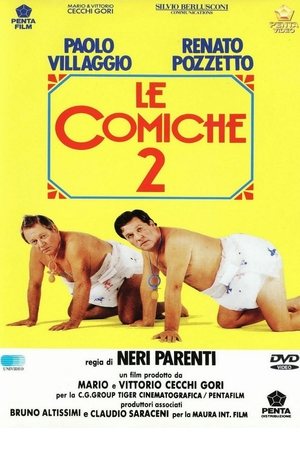 5.7
5.7The Comics 2(it)
A poster worker must remove the poster of the original movie, when the figures of Renato and Paolo suddenly moves and leaves the poster driving an ambulance dressed as nurses.
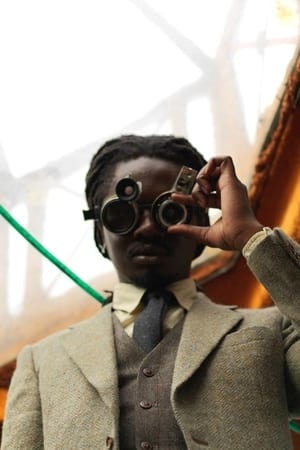 7.7
7.7Finding Fanon 1(fr)
‘Finding Fanon’ is the first part in a series of works by artists Larry Achiampong and David Blandy; inspired by the lost plays of Frantz Fanon, (1925-1961) a politically radical humanist whose practice dealt with the psychopathology of colonisation and the social and cultural consequences of decolonisation. In the film, the two artists negotiate Fanon’s ideas, examining the politics of race, racism and the post-colonial, and how these societal issues affect their relationship. Their conflict is played out through a script that melds found texts and personal testimony, transposing their drama to a junkyard houseboat at an unspecified time in the future. Navigating the past, present and future, Achiampong and Blandy question the promise of globalisation, recognising its impact on their own heritage.
 7.0
7.0Yowamushi Pedal Re:ROAD(ja)
Yowamushi Pedal: Re:ROAD compiles the second half of the Inter High arc from the second television anime season with some cuts of new footage added.
Similar Movies
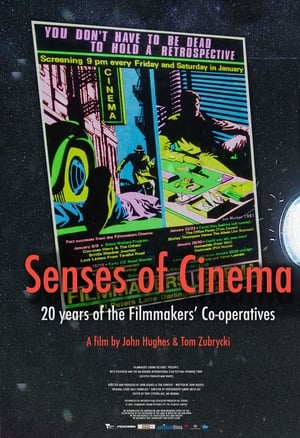 0.0
0.0Senses of Cinema(en)
As notions of civil rights transformed across the world, so was the screen landscape reformed by the ascension of grassroots film movements seeking to challenge the mainstream. Some aspired to push form to its limit; others worked to destabilise what they saw as a homogenous industry, or to provoke questions around gender, sexuality, migration and race.
 6.7
6.7High Noon on the Waterfront(en)
An inventive remembrance of the impact of the Hollywood blacklist on two American classics, rendered as a visually mesmerizing dialogue between Carl Foreman and Elia Kazan.
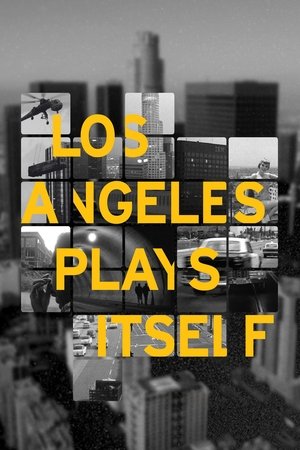 7.6
7.6Los Angeles Plays Itself(en)
From its distinctive neighborhoods to its architectural homes, Los Angeles has been the backdrop to countless movies. In this dazzling work, Andersen takes viewers on a whirlwind tour through the metropolis' real and cinematic history, investigating the myriad stories and legends that have come to define it, and meticulously, judiciously revealing the real city that lives beneath.
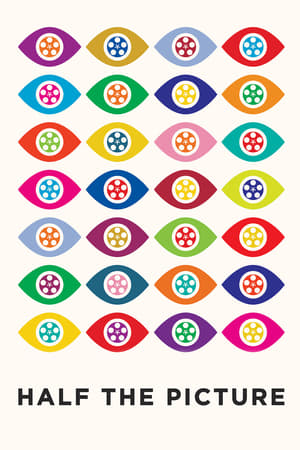 6.6
6.6Half the Picture(en)
At a pivotal moment for gender equality in Hollywood, successful women directors talk about their art, lives and careers.
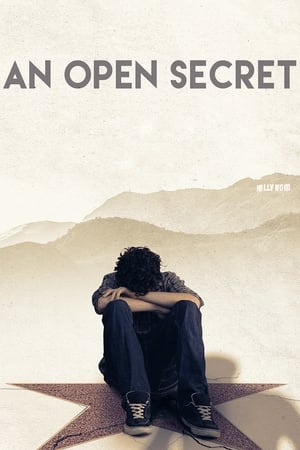 6.9
6.9An Open Secret(en)
An investigation into accusations of teenagers being sexually abused within the film industry.
 8.0
8.0Prüdes Hollywood - Laster, Lust und Leidenschaft im Film(de)
In recent years, Hollywood productions have turned away from sensuality. Is the sex scene on the verge of extinction or reinvention? Alongside film professionals and researchers, this documentary deciphers a trend that speaks volumes about the evolution of the industry and our societies.
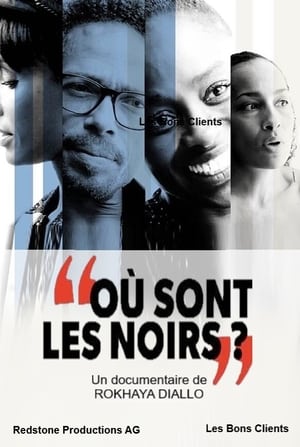 8.0
8.0Où sont les noirs ?(fr)
French actors Lucien Jean-Baptiste, Aïssa Maïga, Sonia Rolland, Deborah Lukumuena, Marie-France Malonga, Gary Dourdan and others speak up on the reality of black actors in the French movie industry.
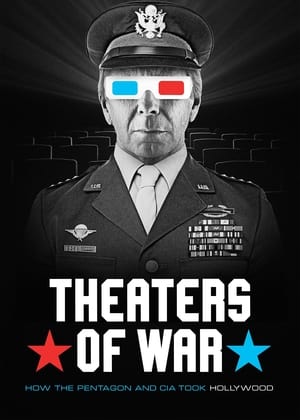 7.4
7.4Theaters of War(en)
If you’ve seen Top Gun or Transformers, you may have wondered: Does all of that military machinery on screen come with strings attached? Does the military actually get a crack at the script? With the release of a vast new trove of internal government documents, the answers have come into sharp focus: the US military has exercised editorial control over thousands of films and television programs. As these activities gain new public scrutiny, new questions arise: How have they managed to fly under the radar for so long? And where do we go from here?
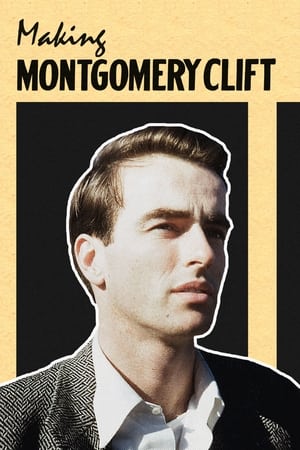 7.7
7.7Making Montgomery Clift(en)
Classic film star and queer icon Montgomery Clift’s legacy has long been a story of tragedy and self-destruction. But when his nephew dives into the family archives, a much more complicated picture emerges.
 5.8
5.8Room 999(fr)
In 1982, Wim Wenders asked 16 of his fellow directors to speak on the future of cinema, resulting in the film Room 666. Now, 40 years later, in Cannes, director Lubna Playoust asks Wim Wenders himself and a new generation of filmmakers (James Gray, Rebecca Zlotowski, Claire Denis, Olivier Assayas, Nadav Lapid, Asghar Farhadi, Alice Rohrwacher and more) the same question: “is cinema a language about to get lost, an art about to die?”
Heiße Ware aus Hong Kong(de)
Made for German TV documentary about the early craze of Hong Kong Martial Arts Cinema. While critical on the subject and not too well informed, it nevertheless offers some interesting insights into the Hong Kong film industry of that days.
 9.0
9.01940: Taking over French Cinema(fr)
Paris, 1940. German occupation forces create a new film production company, Continental, and put Alfred Greven – producer, cinephile, and opportunistic businessman – in charge. During the occupation, under Joseph Goebbels’s orders, Greven hires the best artists and technicians of French cinema to produce successful, highly entertaining films, which are also strategically devoid of propaganda. Simultaneously, he takes advantage of the confiscation of Jewish property to purchase film theaters, studios and laboratories, in order to control the whole production line. His goal: to create a European Hollywood. Among the thirty feature films thus produced under the auspices of Continental, several are, to this day, considered classics of French cinema.
Hollywood Trailblazer: The Debra Hill Story(en)
Debra Hill's documentary tells the story of her multifaceted life and of inspiring filmmakers around the world, and her legacy as a creative producer, mentor, film pioneer and activist is an enduring one.
 9.2
9.2Stuntwomen(fr)
The daily life of Petra, Virginie, and Estelle, three stuntwomen, from the dangerous film sets, where they face all kinds of deadly dangers, to the safety of their homes.
 5.0
5.0Kathryn Bigelow: Hollywood Adrenaline(fr)
For more than 40 years Kathryn Bigelow has been making films that explore male violence. With movies like Blue Steel, Point Break, The Hurt Locker and Zero Dark Thirty, the Oscar winning American filmmaker has impressed with hard-hitting moviemaking that holds a mirror up to contemporary America and the world.
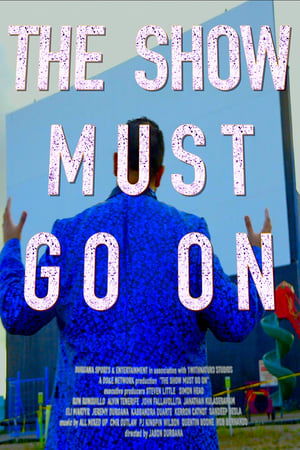 0.0
0.0The Show Must Go On(en)
Industry professionals speak on how theatre changed their lives until film was deemed obsolete. 10 years later, their friendships, the movie business and the entire world would be forever altered yet again but now by a deadly pandemic.
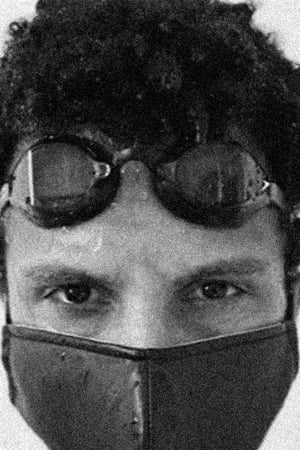 0.0
0.0Drijfvermogen - Over flotatie, ras en andere drijfveren(nl)
Short documentary in which Ivan Barbosa follows Tarikh Janssen's career switch. The actor leaves the movie world behind and returns to top swimming. Together, Barbosa and Janssen explore taboo topics such as white innocence, Black identity and the Black Lives Matter movement to expose the absurdity and seriousness of today's racism debate.
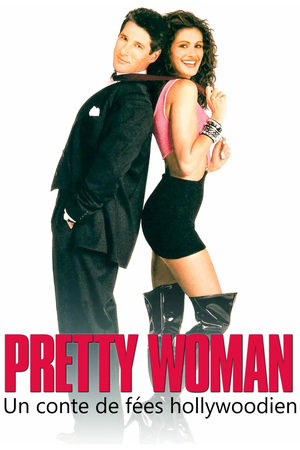 7.4
7.4Pretty Woman, un conte de fées hollywoodien(fr)
Overknee boots that triggered a fashion wave, a legendary shopping spree to the iconic theme song - the 1990 romantic comedy "Pretty Woman" by Garry Marshall starring Julia Roberts and Richard Gere is still the genre's biggest box office hit. The modern fairytale about a rich man who falls in love with a prostitute and rescues her made millions dream and made 22-year-old Julia Roberts famous overnight.
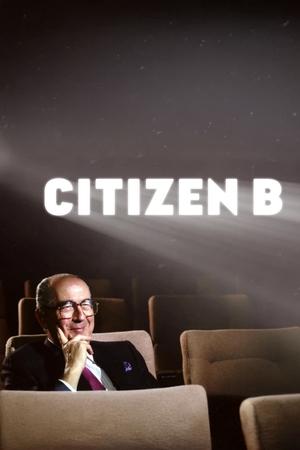 0.0
0.0Citizen B(fr)
Documentary on Ciby 2000, the French film production company founded by Francis Bouygues in 1990.
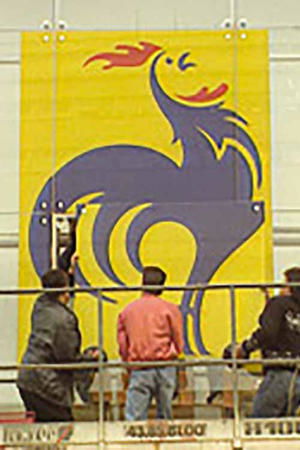 0.0
0.0Place Clichy sans complexe(fr)
Documentary on the 18-month renovation of the large Pathé Wepler cinema on the Place de Clichy in Paris. This 1,600-seat cinema is a landmark in the heart of a working-class district of Paris. The cinema becomes a twelve-screen multiplex.

